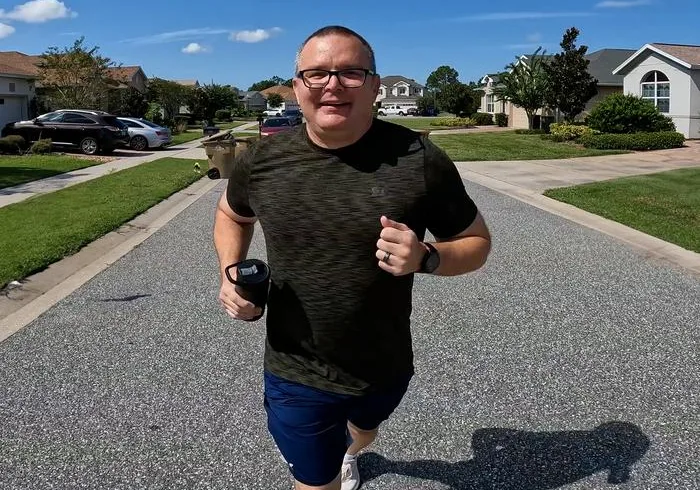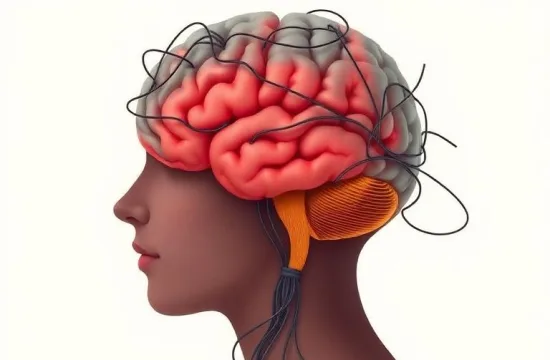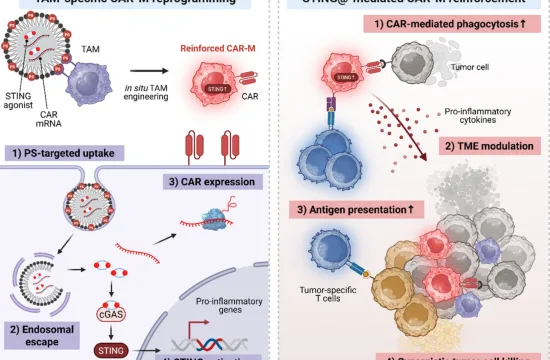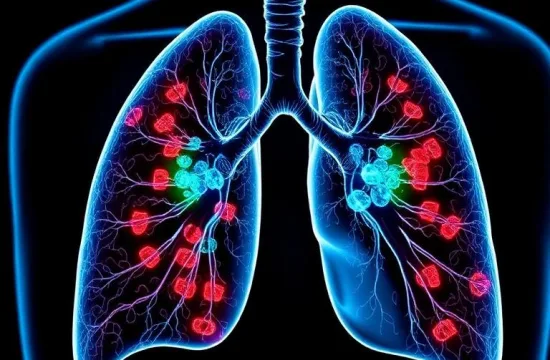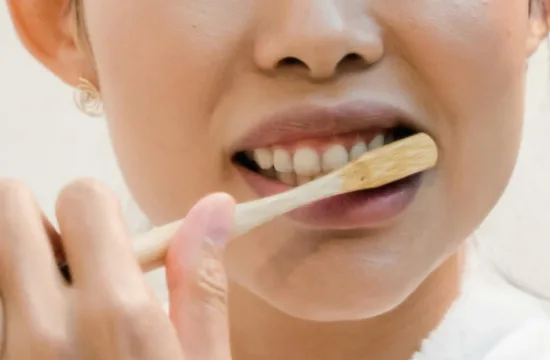|
Getting your Trinity Audio player ready...
|
A new survey reveals men would rather sit in traffic than talk about prostate health
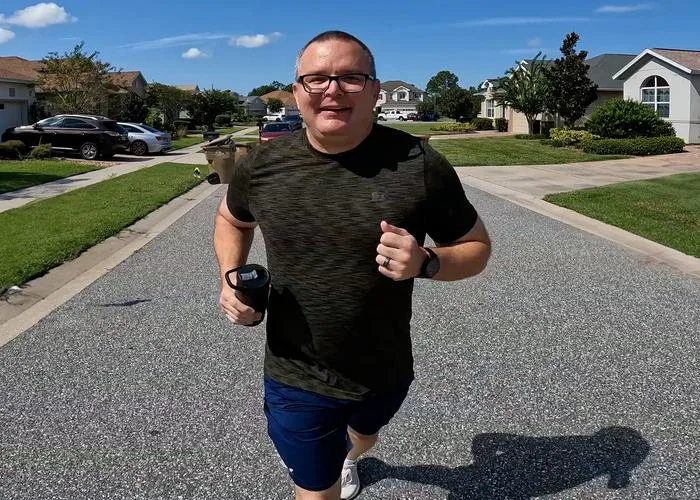
ORLANDO, FL — A new survey from Orlando Health reveals that over one-third of men (38%) would rather endure stressful situations, such as watching their team lose a big game or being stuck in traffic, than discuss their prostate health. This widespread reluctance to address a common health issue often leads to delayed diagnosis and treatment for conditions like an enlarged prostate.
“The prostate is a gland that wraps around the urethra, and as we get older, our prostates tend to enlarge,” explained Jay Amin, M.D., a urologist at Orlando Health. “This can be due to genetics or how the prostate grows in relation to certain hormones in the body.”
Symptoms such as urinary frequency, urgency, or difficulty urinating can signal a problem, especially if you find yourself getting up more than twice a night. While these symptoms can significantly impact a man’s quality of life, many are hesitant to discuss them with their doctor.
“Prostate enlargement affects approximately 60% of men by age 60, rising to as many as 80% by age 80,” said Dr. Amin. “Many men try different medicines or minimally invasive therapies to help their urinary symptoms, but the relief is short-term. We’re now able to offer a procedure that rarely needs to be done again; only about 1% of patients need another treatment, even after 20 years.”
The HoLEP (holmium laser enucleation of the prostate) procedure is a minimally invasive procedure performed through the urethra, meaning no external cuts and minimal pain. Any discomfort typically comes from the catheter, which is removed within 24 hours. Most patients can resume light activity within a week and return to normal physical activity by three weeks.
“As a surgeon, I don’t like doing a procedure if I can only promise a small chance of improvement,” said Dr. Amin. “Of all the procedures I do, it is by far the most rewarding procedure because everyone is happy. I have a patient who had been catheter dependent for 19 months, and now he’s urinating again.”
At 50, marathon runner Chris Golden saw his urinary health decline, disrupting his hobby, work, sleep, and overall daily routine, even after cutting back on soda in case it was irritating his bladder.
“I’d constantly have to worry about where the bathroom was at all times, because if I had the urge to go, I had to go soon,” said Golden. “Then once I made it to the bathroom, I would oftentimes wait at the urinal while the men around me finished in two seconds and I’d be waiting two minutes.”
After a referral to Dr. Amin and tests confirming an enlarged prostate, Chris underwent the HoLEP procedure. Following an overnight hospital stay and a few weeks of recovery, Chris successfully resumed his normal activities without urgency.
“I’m really happy I did it, and people will definitely see an improvement in their urinary habits. My stream is now like it was in my twenties,” said Golden. “Men should bring their symptoms to their doctor because who wants to be in the bathroom constantly?”

